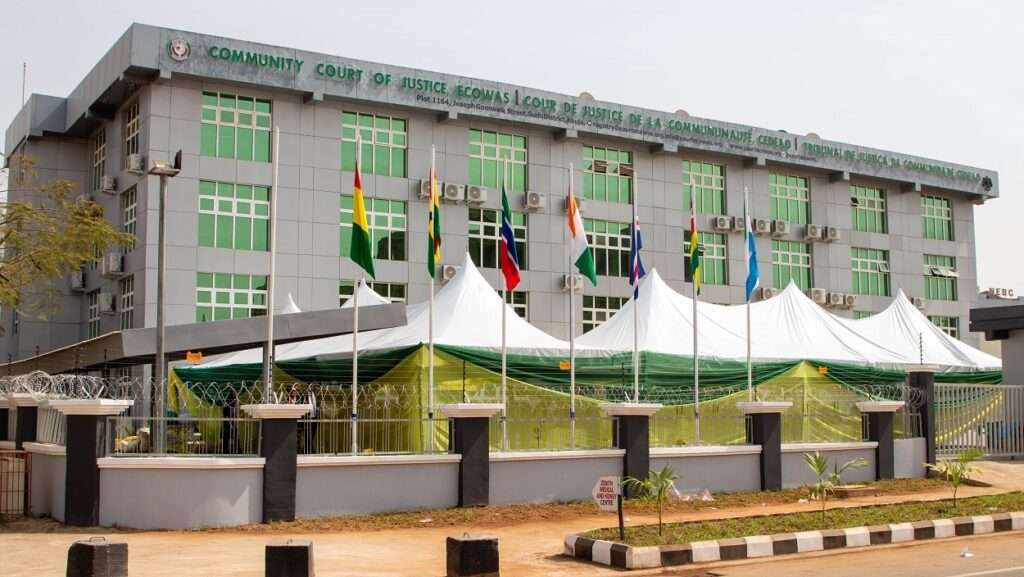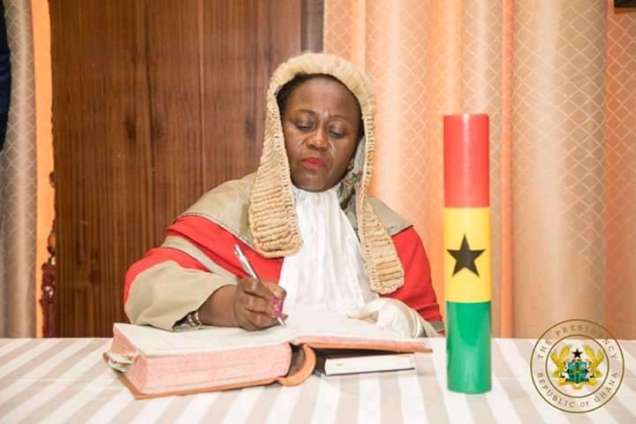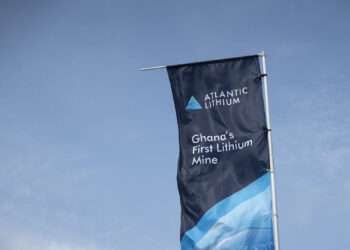The legal dispute involving suspended Chief Justice Gertrude Torkornoo at the ECOWAS Court is drawing intense national interest as it tests the limits of Ghana’s constitutional authority against regional human rights frameworks.
Political activist and lawyer Oliver Barker-Vormawor has added his perspective to the ongoing debate, describing the Chief Justice’s challenge as both legally complex and unprecedented.
Barker-Vormawor, while recognizing that the case challenges the limits of Ghana’s constitution, emphasized that claims of rights violations deserve serious consideration.
“Considering that the CJ grounds her right to a fair trial in Regional Law, rather than in our constitutional law, it means for me that the Right is not limited by any constitutional strictures. A source of a right determines its scope and limit. Not another ‘legal order’.
“I have looked at the Action the Chief Justice (suspended) has filed at the ECOWAS Court. I think Femi Falana sets up a really interesting case about whether compliance with an express provision in Ghana’s constitution can violate our Treaty obligations towards a citizen.”
Oliver Barker-Vormawor
Femi Falana, acting as legal counsel for the embattled Chief Justice, maintained that although her suspension aligns with Ghana’s constitutional framework, it breaches her fundamental rights protected under international law.

Reflecting on this argument, Oliver Barker-Vormawor noted that while statutes are often challenged for violating international legal standards regarding fair trial rights, it is unusual for such challenges to target a constitutional provision itself.
Building on this point, Barker-Vormawor expressed uncertainty about the potential remedies the ECOWAS Court might grant.
He questioned whether the regional court could order the suspended Chief Justice’s reinstatement despite the constitutionally grounded nature of her suspension. “Or that the suspension provision will no longer apply if a person invokes their Treaty or Protocol rights?”
ECOWAS Court Lacks Jurisdiction
Oliver Barker-Vormawor further raised important concerns regarding the jurisdictional boundaries of regional courts in relation to national constitutions.
He explained that the ECOWAS Court lacks the authority to conduct a judicial review of Ghana’s constitution as a whole.
In his view, this limitation underscores the complexity of balancing international legal obligations with sovereign constitutional frameworks.

“So they can only say our constitution violates the ECOWAS treaty. Again, it’s tricky. It may be easier to have Parliament amend a statute to cure the offense. But a constitution is trickier. Amending this provision needs the people’s approval in a referendum.”
Oliver Barker-Vormawor
This prompted Barker-Vormawor to raise a significant constitutional question, wondering whether a president could disregard national constitutional provisions in order to fulfill obligations under ECOWAS regulations.
Meanwhile, newly disclosed details from Justice Torkornoo’s filings at the ECOWAS Court reveal that she is seeking a massive $10 million compensation package.
This amount is claimed for moral and reputational damages resulting from her suspension and the impeachment proceedings initiated against her.

Her case submission seeks sweeping declarations and orders from the regional court. These are designed to challenge not only her suspension’s legitimacy but also the constitutionally mandated process that could lead to her removal from office.
This legal maneuver marks an unprecedented development in Ghana’s history, as no sitting Chief Justice has ever faced a pre-impeachment suspension, much less taken the matter to a regional tribunal for adjudication.
Barker-Vormawor’s analysis highlights the gravity of the situation, particularly as it touches on national sovereignty and the supremacy of constitutional law.
His remarks emphasize that Ghana may face significant constitutional and political implications depending on how the ECOWAS Court rules.
The outcome of this dispute may, therefore, determine whether Ghana’s national laws can remain insulated from obligations derived from international treaties.
With legal scholars, political observers, and ordinary citizens following closely, this battle at the ECOWAS Court could redefine the balance between Ghana’s constitutional autonomy and its commitments to regional justice systems.
READ ALSO: Burna Boy Worried Over Small Crowd at Wireless Festival



















